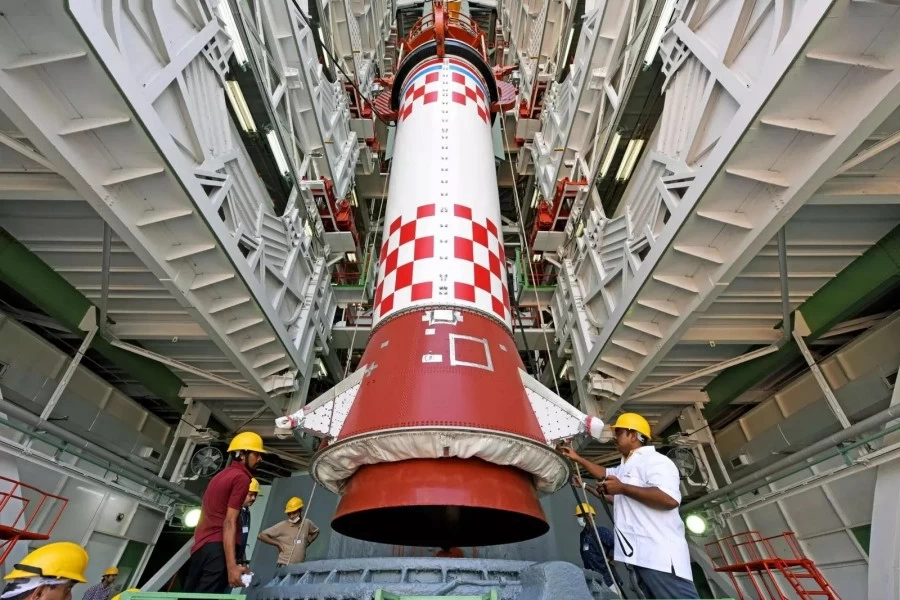ISRO SSLV Launch: India's first Small Satellite Launch Vehicle (SSLV) was successfully launched and created history. For this, the countdown was started at 2.26 pm last night. This SSLV will carry an earth observation satellite and a satellite built by the students. ISRO has started a mission to put satellites up to 500 kg in low earth orbit up to 500 km. It aims to become a bigger part of the fast growing SSLV market
The objective of SSLV is to place the satellite EOS-02 and AzadiSat in low earth orbit. The rocket will be launched at 9.18 am from the first launch pad of the Satish Dhawan Space Center (SHAR), about 135 km from Chennai. The rocket is expected to put these two satellites in the designated orbit about 13 minutes after the launch.
After making a mark in carrying out successful missions through its trusted Polar Satellite Launch Vehicle (PSLV), the Geostationary Satellite Launch Vehicle (GSLV), ISRO will make the first launch from the Small Satellite Launch Vehicle (SSLV), which can be used to lower Earth's orbit. To put satellites in orbit.
ISRO scientists have been engaged in the development of small launch vehicles for some time now for the launch of such small satellites, which weigh up to 500 kg and can be placed in low earth orbit. SSLV is 34 meters long which is about 10 meters less than PSLV and its diameter is two meters as compared to PSLV's 2.8 meters.
The lift-off mass of SSLV is 120 tonnes, while that of PSLV is 320 tonnes, which can carry equipment up to 1,800 kg. ISRO has built an Earth observation satellite to provide advanced optical remote sensing in the infra-red bands. EOS-02 is a satellite of the Small Satellite Series of spacecraft, 'Azadisat' consisting of 75 separate instruments, each weighing about 50 grams. The girl students from rural areas across the country were guided by ISRO scientists to build these instruments which are integrated by the student team of 'Space Kids India'. The ground system developed by 'Space Kidz India' will be used to receive data from this satellite


